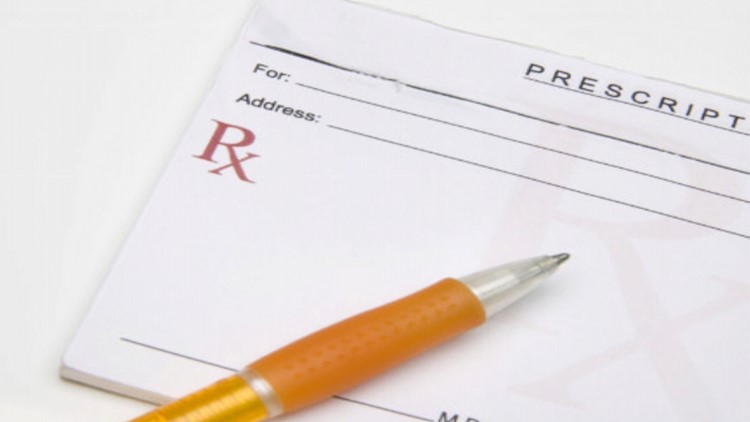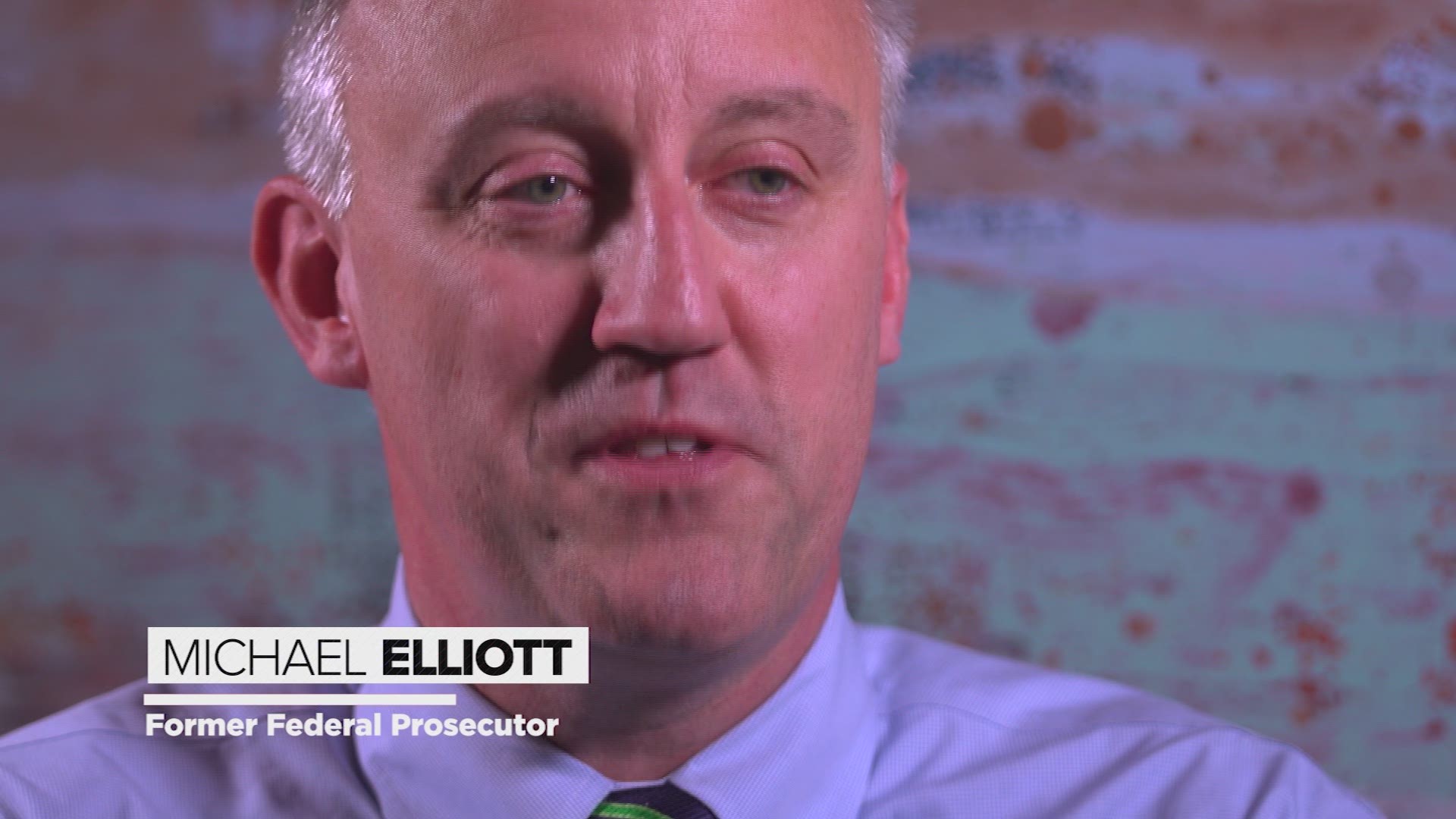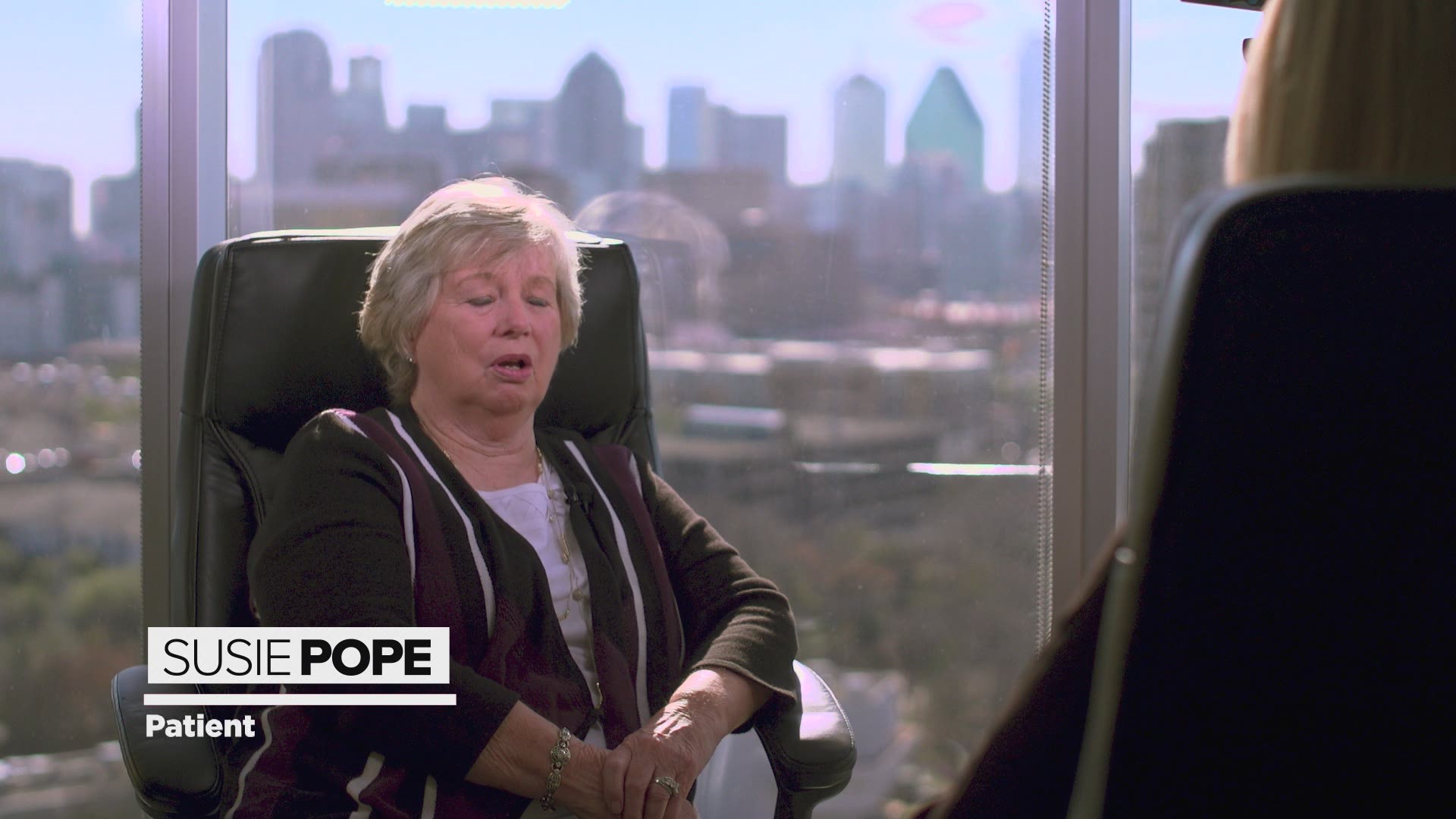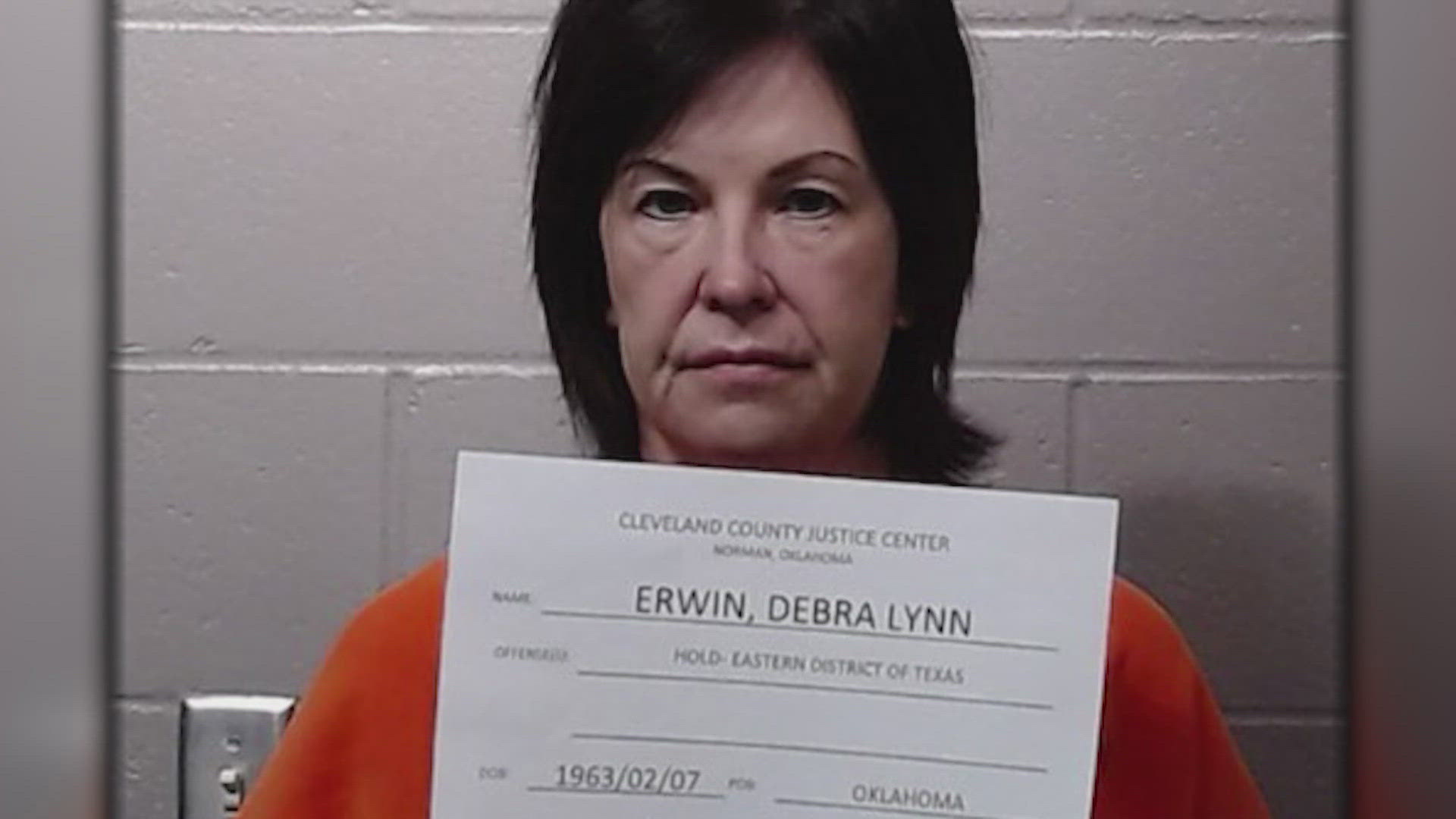DALLAS — Unlike FDA-approved drugs, compounded drugs are not government tested, and patients often have no idea.
Below are some resources and information that can help guide you when it comes to compounding drugs and pharmacies.
WFAA INVESTIGATES REPORT: Dozens say they lost eyesight after routine surgery using compounded pharmacy drugs
WHAT IS COMPOUNDING? WHY DO SOME PATIENTS NEED COMPOUNDED DRUGS:
According to the FDA:
Drug compounding is often regarded as the process of combining, mixing, or altering ingredients to create a medication tailored to the needs of an individual patient. Compounding includes the combining of two or more drugs. Compounded drugs are not FDA-approved.
Why do some patients need compounded drugs?
A drug may be compounded for a patient who cannot be treated with an FDA-approved medication, such as a patient who has an allergy to a certain dye and needs a medication to be made without it, or an elderly patient or a child who cannot swallow a tablet or capsule and needs a medicine in a liquid dosage form. Practitioners in hospitals, clinics, and other health care facilities sometimes provide compounded drugs to patients when an FDA-approved drug is not medically appropriate to treat them.
In these situations, compounding can serve an important patient need. However, some compounders engage in activities that can put patients at risk and/or undermine the drug approval process. For example, FDA has observed that some compounders have made false and misleading statements that compounded drugs are safe and effective, sometimes for the treatment of serious diseases, by incorrectly suggesting the drugs had met the standard for FDA approval.
VIDEO: WHAT DOESN'T THE FDA REGULATE?
VIDEO: WHAT SUSIE POPE WISHES SHE WOULD'VE KNOWN:
RELATED LINKS:





